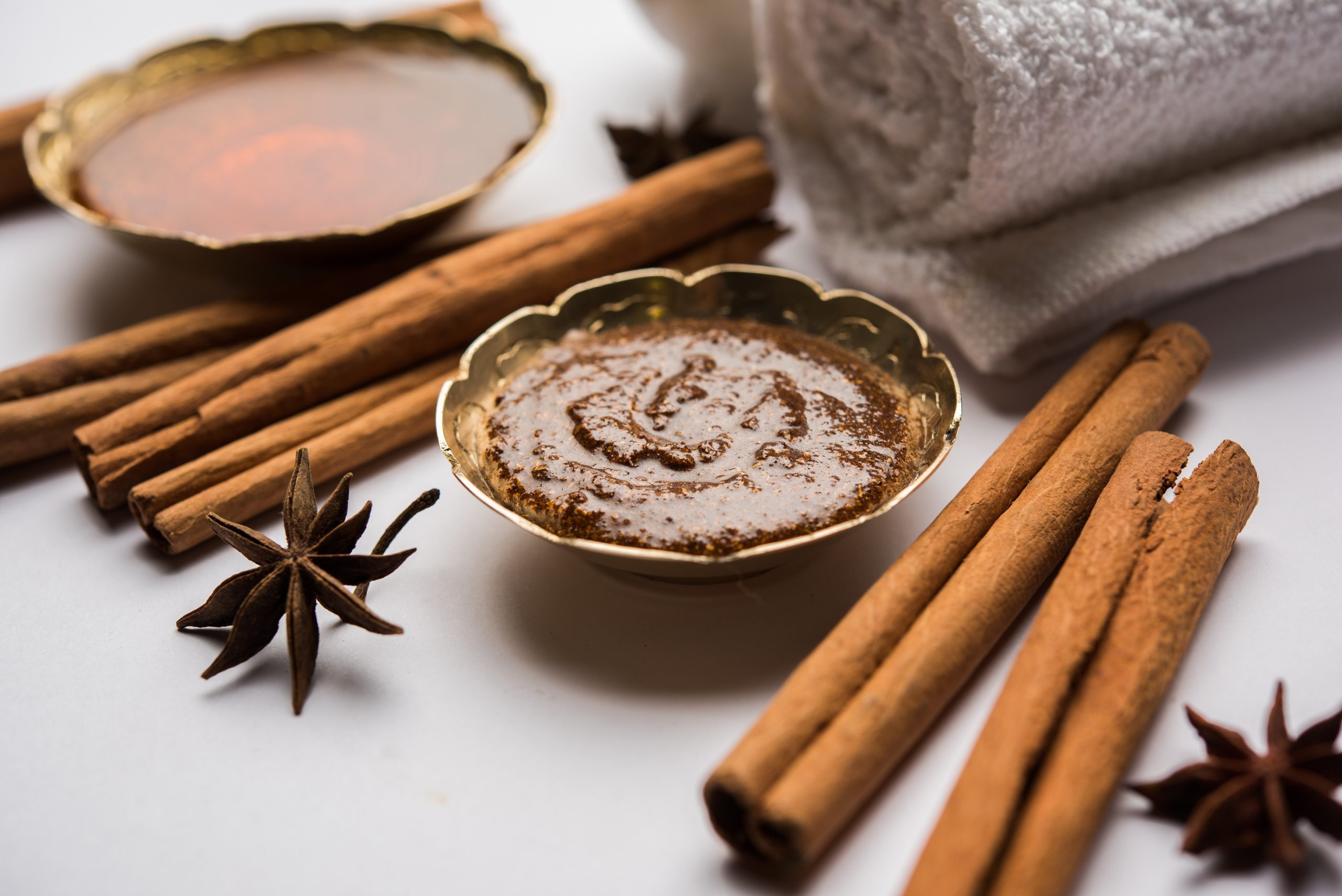
In this article, we discuss the “Glycated haemoglobin and blood pressure-lowering effect of cinnamon in multi-ethnic Type 2 diabetic patients in the UK: a randomized, placebo-controlled, double-blind clinical trial”
Plant name and species
Cinnamon (Cinnamomum cassia)
Aim of study
To determine the blood glucose lowering effect of cinnamon on HbA1c, blood pressure and lipid profiles in people with type 2 diabetes.
Study method
Participants with type 2 diabetes were randomly assigned into two groups (one placebo and one group receiving cinnamon capsules). Subjects were instructed to take one capsule with breakfast, two with lunch and one with dinner. Different metabolic parameters were measured including; HbA1c, fasting plasma glucose, HDL cholesterol, LDL cholesterol, serum trigylcerides, total cholesterol, body weight, waist circumference, BMI, systolic blood pressure and diastolic blood pressure.
Herbal preparation
Each subject was required to take 2 g (500 mg · 4) of either starch-filled placebo capsules or cinnamon powder (Cinnamomum cassia) every day for 12 weeks.
Sample size
The placebo group had 26 participants and the group receiving cinnamon had 29 participants.
Results of study
The haemoglobin A1c (HbA1c) test measures the amount of blood sugar (glucose) attached to your haemoglobin. The lower this is, the lower the blood sugar level. The study showed that the HbA1c levels in patients taking cinnamon were significantly lower than in those taking placebo.
The systolic and diastolic blood pressures of patients in the cinnamon cohort were also significantly reduced compared to placebo.
Discussion
There have been numerous studies on cinnamon and its effect on blood sugar levels. Suggested mechanisms of action include delayed gastric emptying, activating glycogen synthase which in turn increases glycogen synthesis (which then stores glucose) and inhibiting glycogen synthase kinase 3b which prohibits the making of glycogen (meaning glycogen can continue to be made). Furthermore, reduced glucose absorption in the small intestine via glucosidase enzymes and the inhibition of intestinal ATPase has also been attributed. This is as well as increased activity on insulin receptor proteins and glucose transporter proteins could all contribute to the effects on blood sugar levels.
It has been suggested that the effects of cinnamon on blood pressure are because of peripheral vasodilation but the mechanism of action is yet to be properly elucidated.
Conclusion
The administration of 2g a day of cinnamon for 12 weeks along with regular medications for Type 2 diabetes significantly reduced blood sugar levels and blood pressure when compared to placebo. No side effects were reported in the cinnamon group.





























